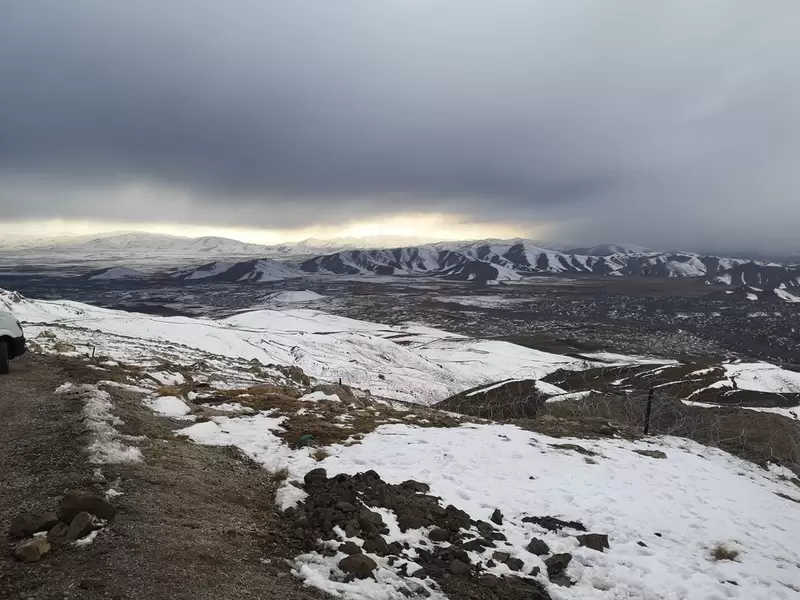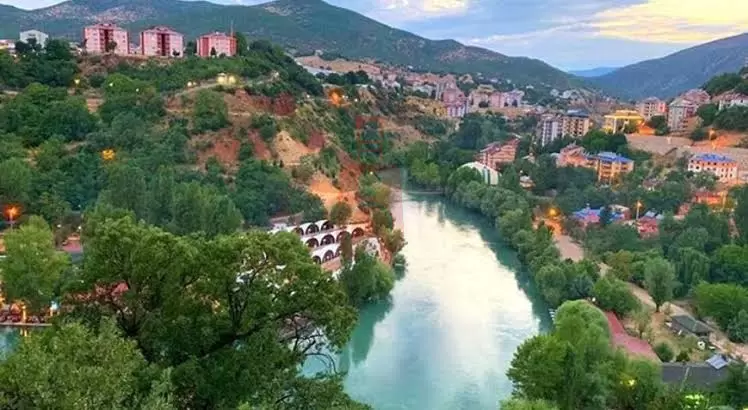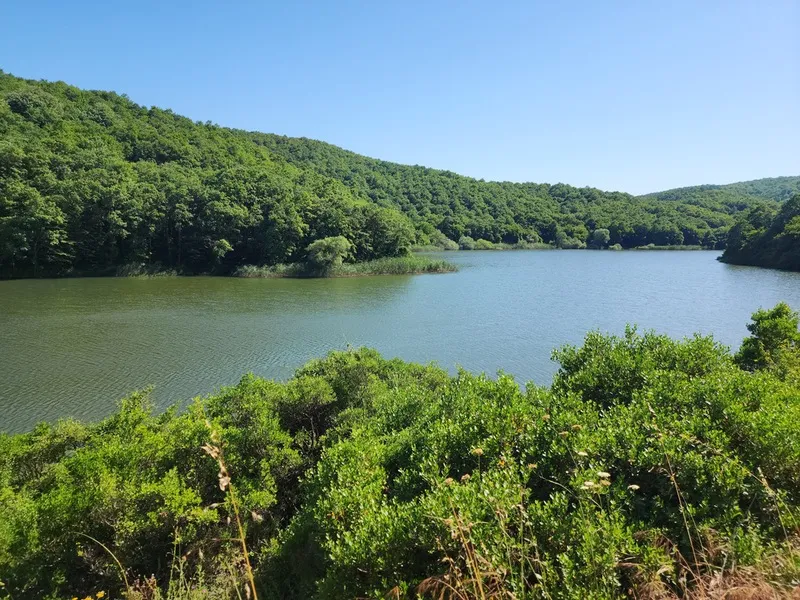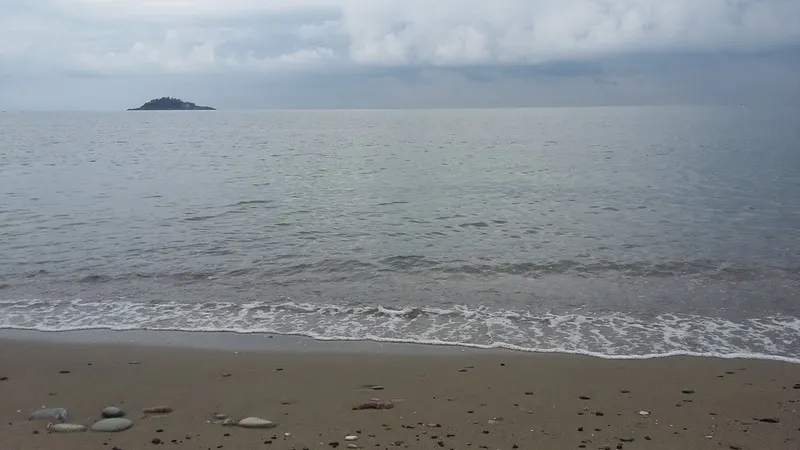
Rising prominently in southeastern Turkey near the borders with Iran and Iraq is the remote Tendürek Mountains massif. Part of the Mountains of Bakhtiari, its summits reach over 3,584 m (11,759 ft) in elevation.
Surrounding the Tendürek Mountains, boreal forests of oak, maple and dogwood cloak steep valleys home to wildlife such as wild boar and golden jackal. Glacial streams nourish alpine pastures grazed by nomadic herdsmen in summer.
Hiking trails traverse volcanic highlands with panoramic views over deep forested gorges and rural villages. Outdoor pursuits include mountaineering, wildlife watching, and visiting isolated seasonal herder camps.
Further exploration leads to tiny hamlets preserving ancestral ways of life. Archaeological sites left by diverse ancient civilizations dot remote regions.
Venturing into this seldom-visited eastern frontier rewards visitors with awe-inspiring scenery and cultural insights into traditions still retained amid Turkey's most rugged terrain along the Iran-Iraq borders. Adventurous treks invite crossing Tendürek's untouched alpine heights.
-
Location: Tendürek Mountain is situated in the eastern part of Turkey, near the border with Iran. It is part of the Ağrı Province, which is located in the eastern Anatolia region of Turkey.
-
Elevation: Tendürek Mountain has an elevation of approximately 3,533 meters (11,589 feet) above sea level, making it one of the major peaks in eastern Turkey. It is a stratovolcano, characterized by its conical shape and volcanic activity.
-
Geography and Landscape: Tendürek Mountain is known for its rugged and rocky terrain, with steep slopes and a distinct conical shape. The mountain is part of the larger volcanic area in eastern Anatolia, which also includes Mount Ararat and Mount Süphan. The surrounding landscape features deep valleys, alpine meadows, and forests.
-
Volcanic Activity: Tendürek Mountain is considered an active volcano, although it has not had any significant eruptions in recent history. The last recorded eruption occurred in 1855. The volcanic nature of the mountain has contributed to the unique geological features of the region.
-
Flora and Fauna: Tendürek Mountain and its surroundings are home to a variety of plant and animal species. The lower slopes of the mountain are covered with forests, including oak, beech, and pine trees. The alpine meadows higher up the mountain offer habitats for a diverse range of plant species. Wildlife in the area includes wild goats, wolves, foxes, and various bird species.
-
Cultural Significance: Tendürek Mountain holds cultural and historical significance in the region. It has been a site of human settlement and activity for centuries, and the surrounding area is home to various ethnic groups, including Kurds and Turks. The mountain and its surroundings have influenced local folklore, traditions, and way of life.
-
Outdoor Activities: Tendürek Mountain attracts outdoor enthusiasts, hikers, and mountaineers. The ascent to the summit is challenging but accessible to experienced climbers. It is advisable to plan the climb carefully, considering suitable equipment, weather conditions, and safety precautions.
Please note that mountaineering and hiking activities on Tendürek Mountain require proper planning, physical fitness, and mountaineering experience. It is recommended to consult with local mountaineering clubs, experienced guides, or tourism agencies for the most up-to-date and accurate information before attempting to climb Tendürek Mountain.










